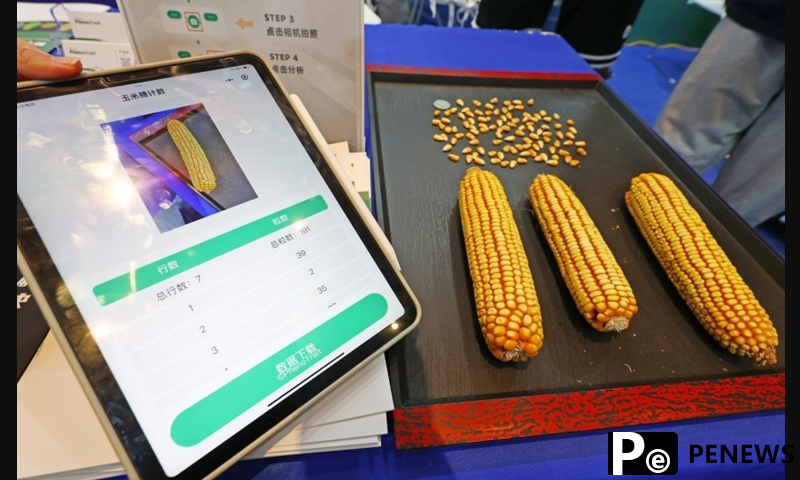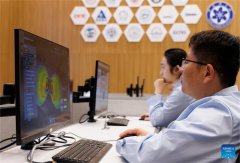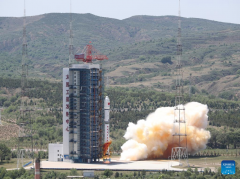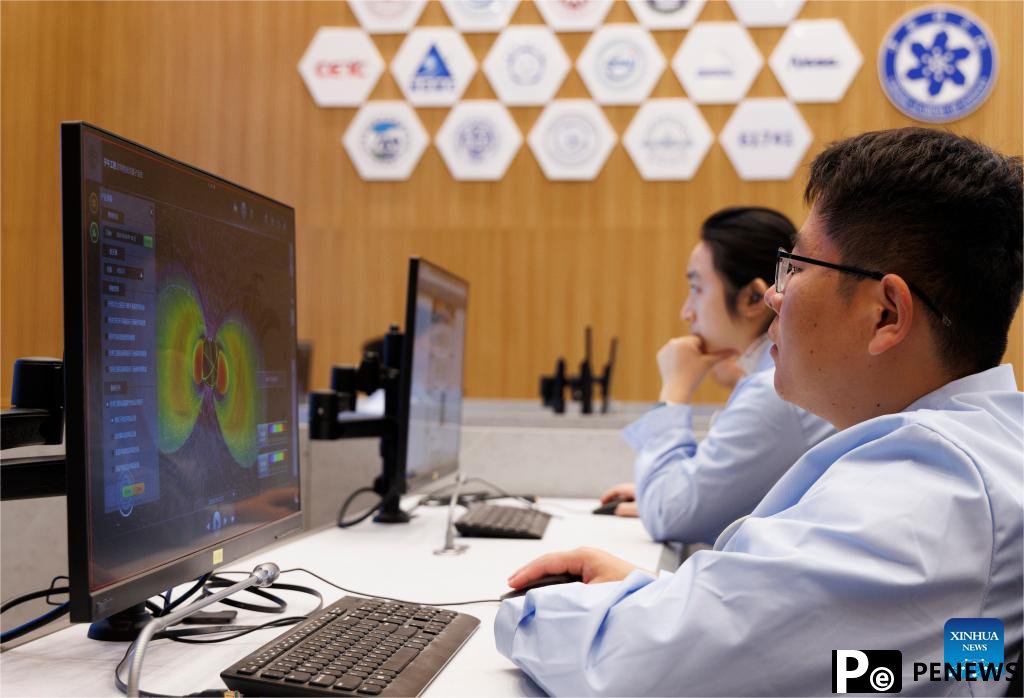Home>>
Chinese scientists expand AI in crops breeding to boost yield and improve varieties(Global Times) 15:04, March 24, 2025

According to Li, intelligent varieties can autonomously adapt to environmental changes, dynamically adjust plant architecture at different developmental stages, enhance the utilization efficiency of agricultural resources such as light, fertilizers, and water, increase grain yield, improve taste and nutrition, and reduce reliance on chemical inputs and mitigate losses from natural disasters.
Li noted that leveraging cutting-edge biotechnologies, information technologies, and AI, along with achieving quantitative data collection and intelligent data analysis, can further enhance breeding innovation efficiency.
Meanwhile, AI breeding is moving from theory to reality.
Researchers at China National Seed Group Co, Ltd can obtain information accurately on breeding research, seed production and other details from various bases simply by using a single screen. Through data transmitted by remote sensing, scientists can access real-time analyses of abnormal areas and plant canopy moisture levels at these bases, enabling them to take timely and appropriate measures, according to Xinhua.
The Yazhouwan National Laboratory, together with the Shanghai Artificial Intelligence Laboratory and other institutions, has launched the first large language model for the seed industry, named "SeedLLM," reported Xinhua.
China National Seed Group also unveiled its"Corn Variety Advancement and Precision Positioning Decision System," which rapidly and accurately analyzes the strengths and weaknesses of varieties and precisely identifies optimal planting regions, Xinhua reported.
Developing a superior crop variety involves screening hundreds or thousands of hybrid combinations, a labor-intensive and time-consuming process. Li Huihui, a deputy director of the National Nanfan Research Institute of the Chinese Academy of Agricultural Sciences, leads a team focused on predicting crop growth and precisely screening potential materials, according to China National Radio (CNR).
The team has developed an AI algorithm, an automated machine learning framework, that integrates environmental data with genomic information for precise genetic analyses and genomic prediction, reducing computation time by 290 times compared with traditional models, and offering an effective tool for intelligent crop breeding, reported CNR.
A seed counting machine produced by Laufer Vision powered by a parameter model helps simplify the process of counting and packaging crop seeds. The device can process six bags of 1,000 tomato seeds per minute, making it ideal for large-scale production, according to the Sanya Daily.
(Web editor: Tian Yi, Liang Jun)









